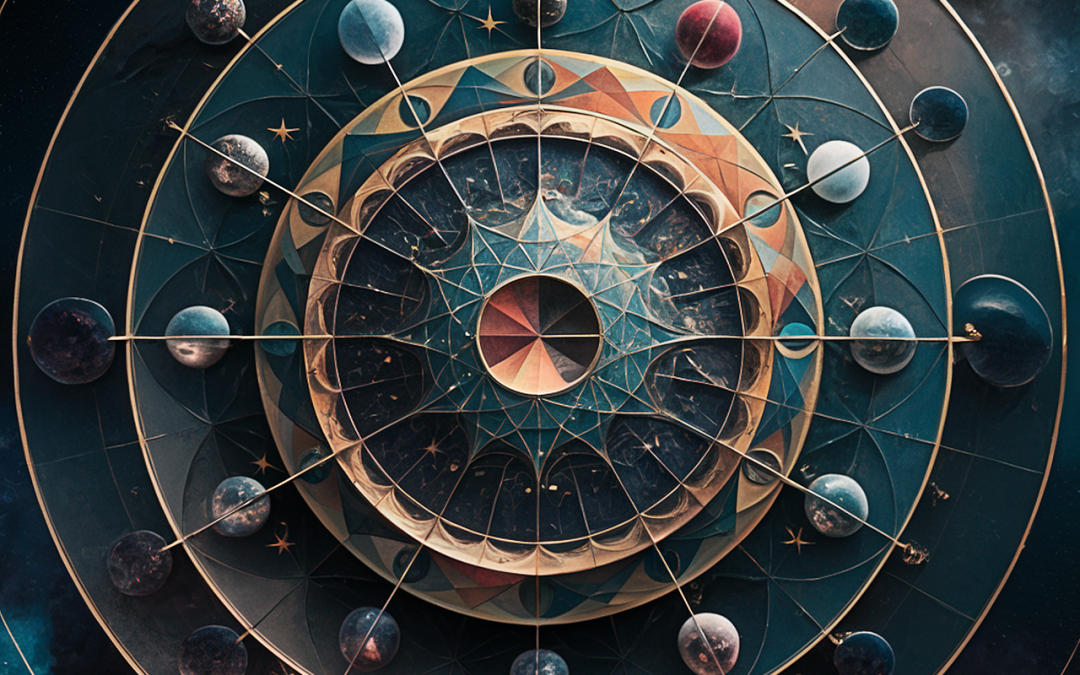 Unveiling the Mysteries of the Cosmos: A Journey into Modern Cosmology
Unveiling the Mysteries of the Cosmos: A Journey into Modern Cosmology
The cosmos, with its vast expanse and countless celestial bodies, has always captivated the human imagination. For centuries, philosophers, scientists, and astronomers have sought to understand the mysteries of the universe. From ancient civilizations gazing at the night sky to modern-day space exploration, humanity’s quest to unravel the secrets of the cosmos has been an ongoing adventure.
Modern cosmology, the branch of science that studies the origin, evolution, and structure of the universe, has made remarkable strides in recent decades. Through a combination of theoretical models, advanced technology, and groundbreaking discoveries, scientists have been able to paint a clearer picture of our cosmic origins and the nature of the universe itself.
One of the most significant breakthroughs in modern cosmology is the Big Bang theory. Proposed in the early 20th century, this theory suggests that the universe began as an incredibly hot and dense point, known as a singularity, approximately 13.8 billion years ago. From this singular event, the universe rapidly expanded and continues to expand to this day. The Big Bang theory provides a framework for understanding the origin and evolution of the cosmos, explaining phenomena such as the cosmic microwave background radiation and the abundance of light elements in the universe.
Another key concept in modern cosmology is dark matter. Observations of galaxies and their movements have revealed that there is more mass in the universe than what can be accounted for by visible matter alone. Dark matter is a mysterious substance that does not emit or interact with light but exerts gravitational forces on visible matter. It is estimated that dark matter makes up about 27% of the universe, playing a crucial role in shaping its structure and evolution.
Similarly, dark energy is another enigmatic component of the cosmos. Discovered in the late 1990s, dark energy is believed to be responsible for the accelerated expansion of the universe. Unlike dark matter, dark energy is not a substance but rather a property of space itself. Its presence suggests that the universe is not only expanding but also accelerating in its expansion, defying the traditional understanding of gravity.
Modern cosmology has also shed light on the fate of the universe. Based on current observations and theoretical models, scientists have proposed several possible scenarios for the future of our cosmos. The most widely accepted theory is that of a “heat death” or “Big Freeze,” where the universe continues to expand until all stars burn out, leaving a cold and lifeless expanse. However, other theories, such as the “Big Crunch” or the possibility of a multiverse, continue to be explored.
Advancements in technology have played a crucial role in modern cosmology. Telescopes, both on the ground and in space, have allowed scientists to observe distant galaxies, study cosmic microwave background radiation, and detect gravitational waves. Satellites like the Hubble Space Telescope and the Planck satellite have provided invaluable data, enabling researchers to refine their models and theories about the cosmos.
Furthermore, supercomputers have become indispensable tools for simulating and modeling the complex processes that occur in the universe. These simulations allow scientists to test different scenarios, study the formation of galaxies, and investigate the behavior of dark matter and dark energy.
As our understanding of the cosmos deepens, so do the questions that arise. What lies beyond the observable universe? What caused the Big Bang? Is there life elsewhere in the universe? These are just a few of the mysteries that continue to fuel scientific exploration and inspire future generations of cosmologists.
Unveiling the mysteries of the cosmos is an ongoing journey, one that requires collaboration between scientists from various disciplines and a relentless pursuit of knowledge. With each new discovery, we inch closer to unraveling the secrets of our universe and gaining a deeper understanding of our place within it. The mysteries of the cosmos may be vast, but so is our curiosity and determination to explore them.
